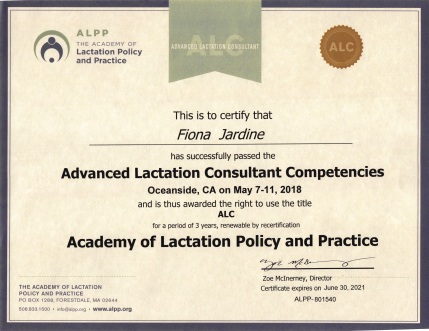As I’ve mentioned, I’ve done presentations at a couple of online conferences this year. One of the fantastic outcomes of this is getting my work out there to far bigger audiences than ever before and therefore getting to hear feedback from a wide range of people.
One of the emails I received recently was from someone disagreeing with my use of the term “breastfeeding” as an umbrella term to include direct nursing AND milk expression (and therefore exclusive pumping (EPing)). Here’s my response:
I think we are going to have to agree to disagree, as I will forever class EPing as breastfeeding. Breastfeeding, in common parlance, is the umbrella term and to say to an EPer “you’re not breastfeeding” is so upsetting, hurtful, and demotivating (and I have the data to back that up). If you say EPing is not breastfeeding – or imply it through actions or attitude – to an EPer, you would quickly find yourself in that category of lactation consultants that were rated the worst by study participants. Support and information for EPing is all well and good, but EPers (both in my experience and in my data) want to feel non-judgmentally and emotionally supported and included in that is using the language that they use. Since most EPers say that they are breastfeeding, they are breastfeeding. And they are indeed feeding a substance produced by their breasts/chest. But, as I said in my presentation, there are also better ways to ask certain questions that don’t even raise this as an issue, for example asking “how are you feeding your baby?” rather than asking “breastfeeding or formula?” or “breast or bottle?”
As for academically, my opinion is that I don’t think breastfeeding is a particularly good term in general (see my 4-minute essay on this). I think that human milk feeding is far better and then we MUST define further whether that’s direct nursing (or some other term like at-breast/chest feeding) or milk expression with bottle feeding or a combination of both. But when we’re talking to parents, “human milk feeding” isn’t what they’re calling it and it makes us sound like cold scientists, so I think that’s a term best reserved for academia.
